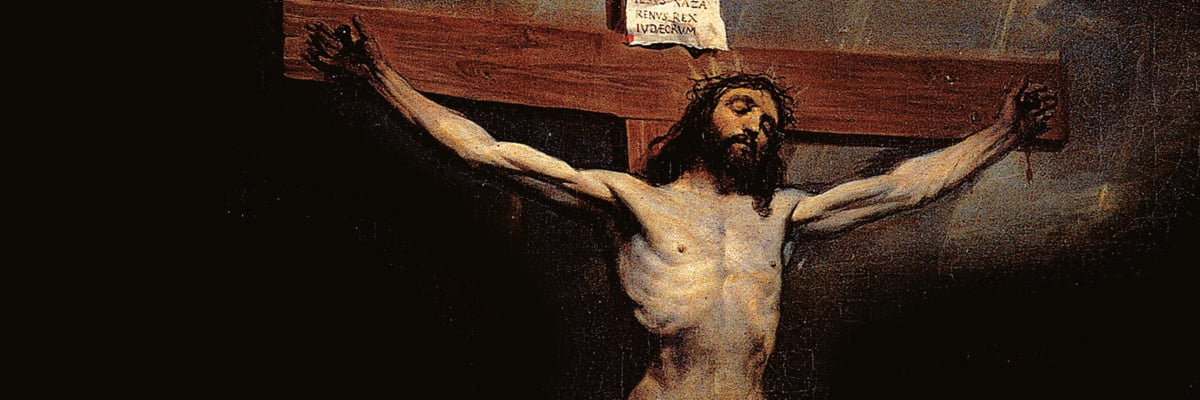
Question:
Answer:
If someone were to say, “I pledge allegiance to the flag” or “Our Father who art in heaven,” most people could either finish the quotation or prayer or at least understand the ideas being expressed. That is because certain quotations in our culture, whether secular or religious, are known and even memorized because of their importance.
This was true of the psalms in Jesus time. He needed only to say the first line, and most Jews would have known the rest, or at least the message.
Jesus was quoting Psalm 22, a messianic psalm that vividly describes the agony the suffering servant would endure. God the Father did not abandon his Son in his Son’s suffering but allowed him in his humanity to experience the sense of divine abandonment that humans often feel during times of need, and especially when in sin. Just as we often feel that God has abandoned us when we are suffering (even though this isn’t the case), so the Son of God in his humanity experienced that aspect of human suffering as well. He died for our sins, and the weight of those sins—and thus the feeling of abandonment—must have been exceedingly heavy at that point.
By quoting this psalm, Jesus shows that he is the fulfillment of that prophecy and that he will be vindicated, which is evident in the psalm’s triumphant ending.


